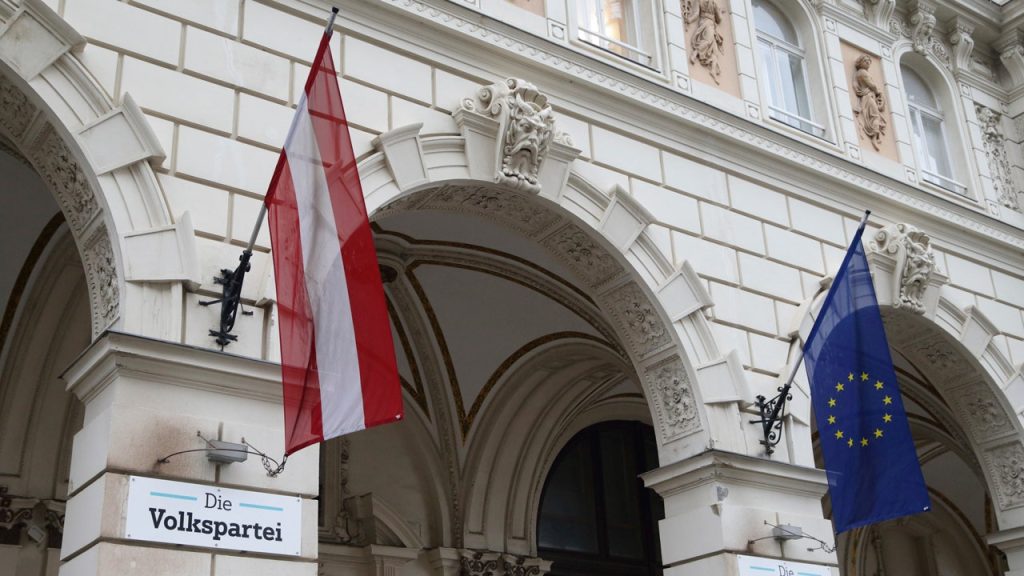Austrian President Alexander Van der Bellen has announced that he will meet with far-right politician Herbert Kickl amidst speculation that he will ask him to form a government. This decision comes after Chancellor Karl Nehammer announced his intention to resign following the collapse of coalition talks between his conservative Austrian People’s Party and the center-left Social Democrats over budget issues. Van der Bellen stated that the voices within the People’s Party who opposed working with Kickl have become quieter, prompting him to explore this new possibility. Kickl’s Freedom Party had topped the polls in the previous national election, but Van der Bellen had tasked Nehammer with forming a government due to the reluctance of other parties to work with Kickl.
Kickl criticized the decision to not give him a mandate to form a government, calling it “not right and not logical.” He claimed that the Freedom Party has been the only stable factor in Austrian politics. Following these developments, the People’s Party appointed Christian Stocker as interim leader, who expressed his support for Kickl potentially being tasked with forming a government. Stocker, however, had previously criticized Kickl, calling him a security risk for the country. The Freedom Party’s election program, titled “Fortress Austria,” includes controversial policies such as remigration of uninvited foreigners and suspending the right to asylum via an emergency law. The party is also critical of Western military aid to Ukraine and calls for ending sanctions against Russia.
Kickl has been vocal in his criticism of European elites in Brussels and has advocated for more power to be brought back from the European Union to Austria. In the midst of these political developments, Germany has accused Tesla CEO Elon Musk of trying to interfere in its national elections. Austria was thrown into political turmoil when the liberal party Neos pulled out of coalition talks with the People’s Party and the Social Democrats. The remaining parties attempted to form a government with a one-seat majority in Parliament, but talks failed after negotiators were unable to agree on how to address the budget deficit. The situation remains uncertain as Austria navigates through these political challenges.
In the face of the ongoing political crisis, Van der Bellen’s decision to meet with Kickl suggests a potential shift in the political landscape in Austria. The future of the country’s government remains uncertain as different parties and leaders navigate through the complexities of coalition talks and policy differences. The Freedom Party’s controversial stances on immigration, asylum, and foreign policy have sparked debates and criticism from various quarters. With allegations of interference from outside forces and internal struggles within the political parties, Austria faces a challenging period in its political history. The outcome of the upcoming government formation process will have significant implications for the country’s future direction and its position within the European Union and the international community. As stakeholders and observers closely monitor these developments, the path forward for Austria’s political leadership remains unclear.













